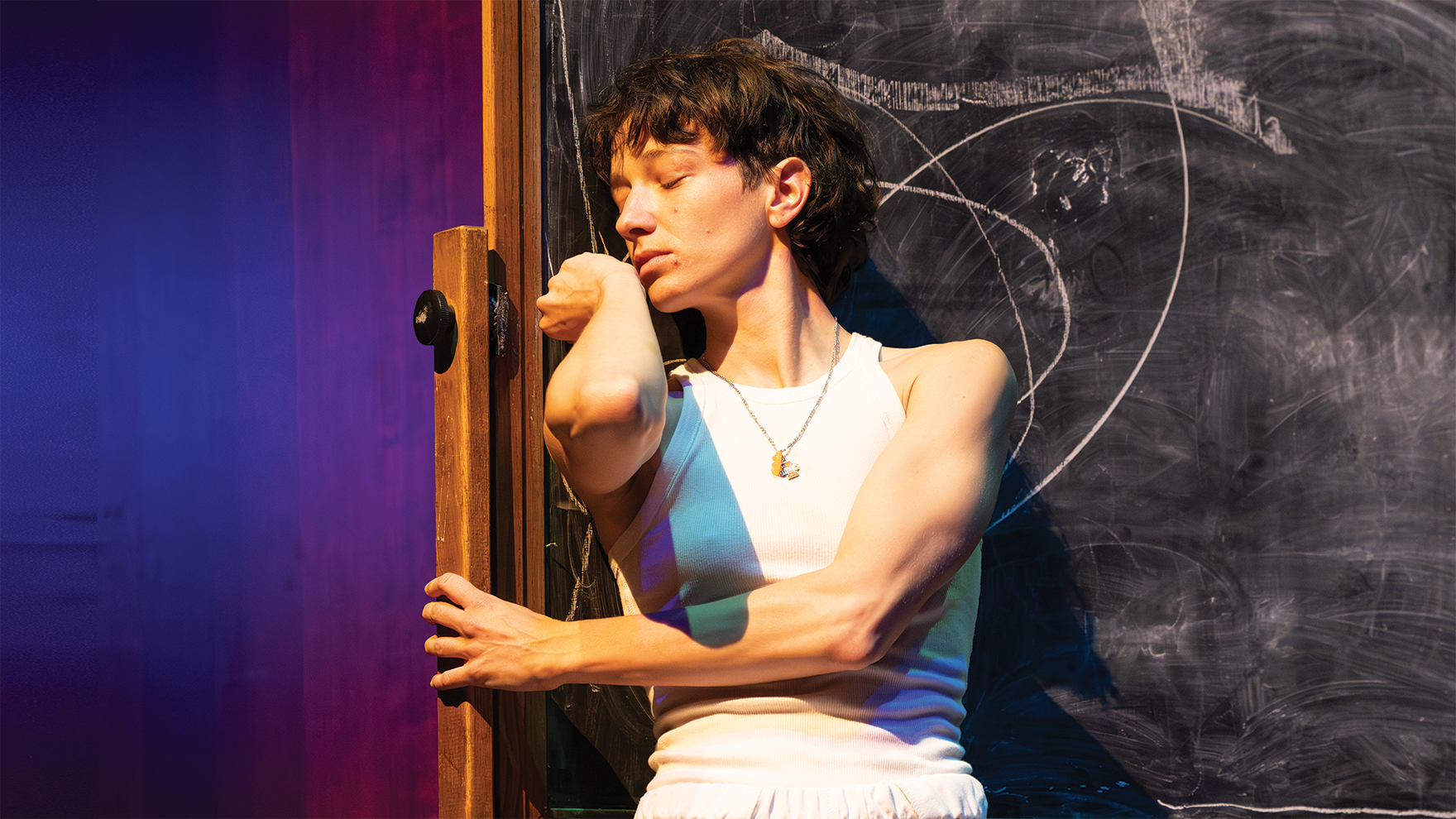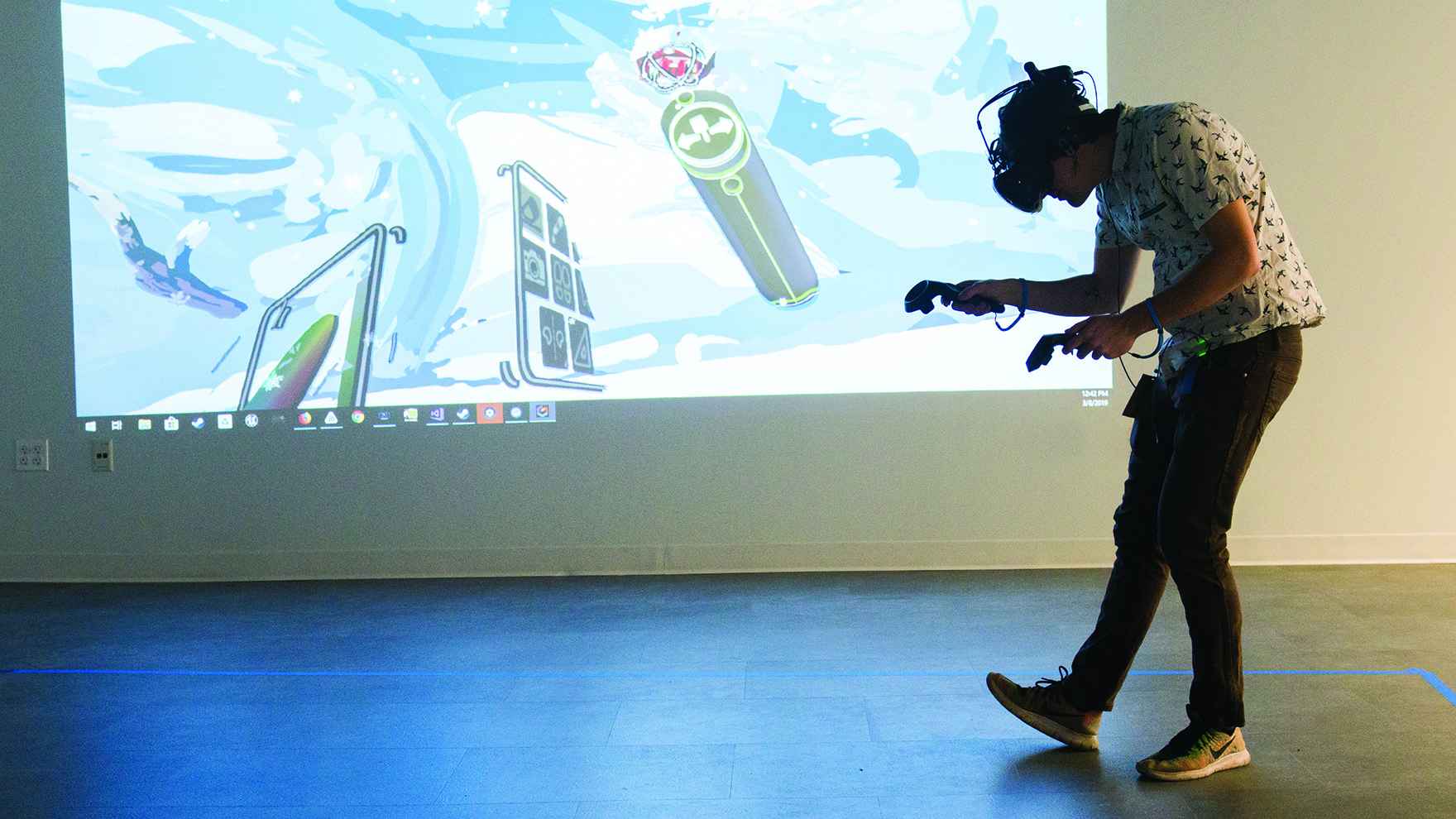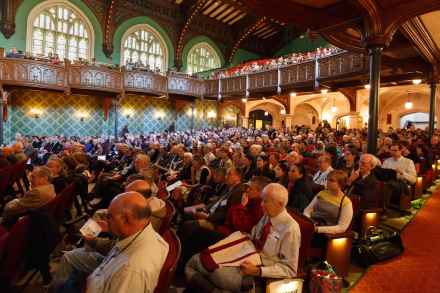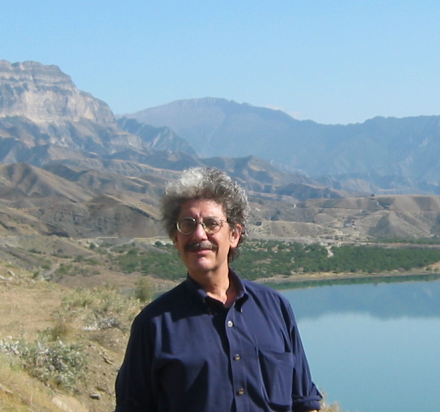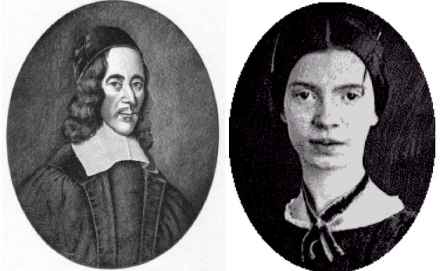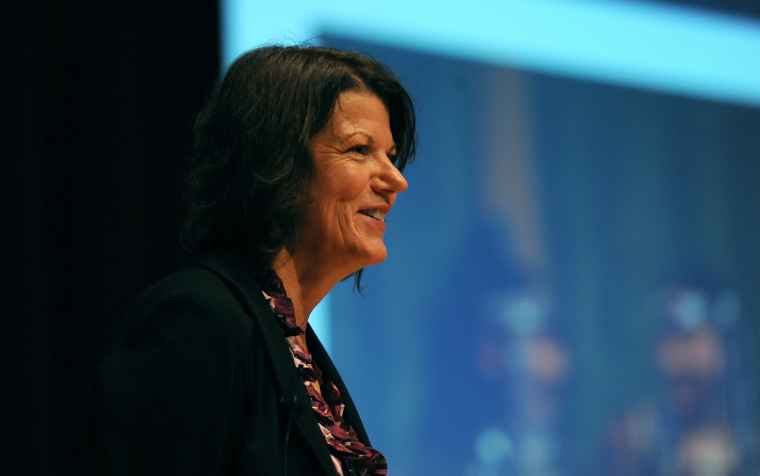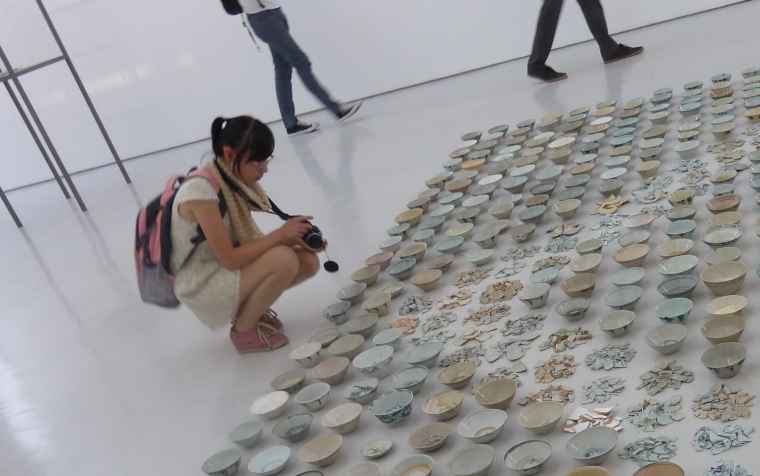Humanists on Humanities Day: Suggestions From Bevington, Grenoble, Levin, and Rokem
Faculty members at Humanities Day are not only presenters but also audience members. We asked four presenters what Humanities Day sessions most interest them this year.
DoVA Faculty Members and Alumni Recognized as "Chicago's Artists' Artists"
Seven faculty members and alumni from the Department of Visual Arts appear in Newcity’s 2014 Art 50. Newcity publishes the list every other year “…to celebrate the accomplishments of a few people who work hard and smart, and who happen to call Chicago their home,” billing the artists as “Chicago’s Artists’ Artists.”
Victor Friedman Honored for Scholarship and Professional Service
The Association for Slavic, East European, and Eurasian Studies (ASEEES) has honored Victor Friedman with the 2014 Distinguished Contributions Award.
Connecting Dickinson and Herbert: Strier Leads NEH Summer Seminar
This summer at UChicago Richard Strier led sixteen scholars through the works of two masters of lyric poetry in "George Herbert and Emily Dickinson," a National Endowment for the Humanities (NEH) Summer Seminar for College and University Teachers.
